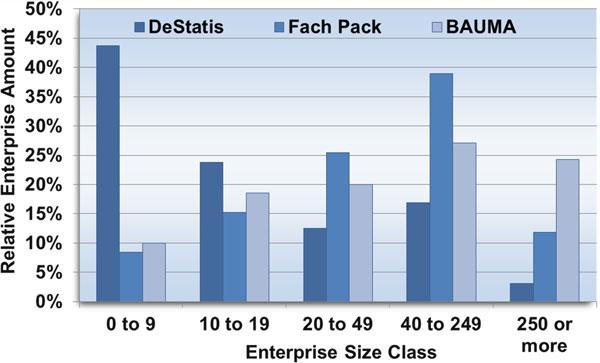1
Entrepreneurship and Innovation in a Context of Crisis
7
Table 1.3 Stepwise regression Independent variables Model 1 Model 2 Model 3 1. Gender 0.042 0.039 0.054 2. Age −0.099 −0.098 −0.091 3. Education 0.118 0.121 0.108 4. Experience and skills −0.024 −0.013 5. Innovation 0.202** 6. Opportunity recognition F 1.639 1.253 2.761* Adjusted R2 0.009 0.005 0.041 Change in R2 0.115 8.604* The dependent variable in all the models is “Entrepreneurship.” Table entries are regression coefficients *p < 0.05; **p < 0.01; ***p < 0.001; N = 206 C.V:
Model 4 0.070 −0.079 0.097 −0.032 0.203** 0.232*** 4.409*** 0.091 11.895* standardized
p = 0.094. All the control variables were kept in the rest of the models despite their low influence on the dependent variable. In Model 2, the “Experience and Skills” variable was introduced in the regression model with no significant results. Besides, its effect overlaps with the education control variable, already expected because of their high correlation (see Table 1.2). In Model 3, the explanatory variable “innovation” was introduced. Its standardized coefficient is significant at p < 0.01 and the change in R2 of Model 3 in relation to Model 2 is significant at p < 0.05, although the adjusted R2 of Model 3 remains still low (0.04). Finally, in Model 4, the “opportunity recognition” variable was introduced. Its standardized coefficient is significant at p < 0.001, and the F of the model is significant at p < 0.001 and the change of R2 in relation to Model 3 is significant at p < 0.05. The “innovation” variable in Model 4 remains significant at p < 0.05. The adjusted R2 of Model 4 is 0.091, with the final model explaining 10 % of the variance of the dependent variable “entrepreneurship.”
1.5
Discussion and Conclusions
The issue of whether entrepreneurial activity slows down or is reinforced in times of economic crisis has not been resolved in the entrepreneurship literature. If we unite the concept of entrepreneur to the creation or destruction of the business structure, characteristics of economic booms, and depressions, the obvious quantitative result is that entrepreneurship declines with the crisis. However, if we refer to entrepreneurs who fully embody the characteristics of entrepreneurship (not directly quantifiable latent variable) empirical studies are scarce and therefore the issue is still open to debate. In this study the latent variable entrepreneur is identified by the independent variables acquired experience and knowledge for starting a business, practice in technology or product innovation, and ability to recognize opportunities.






